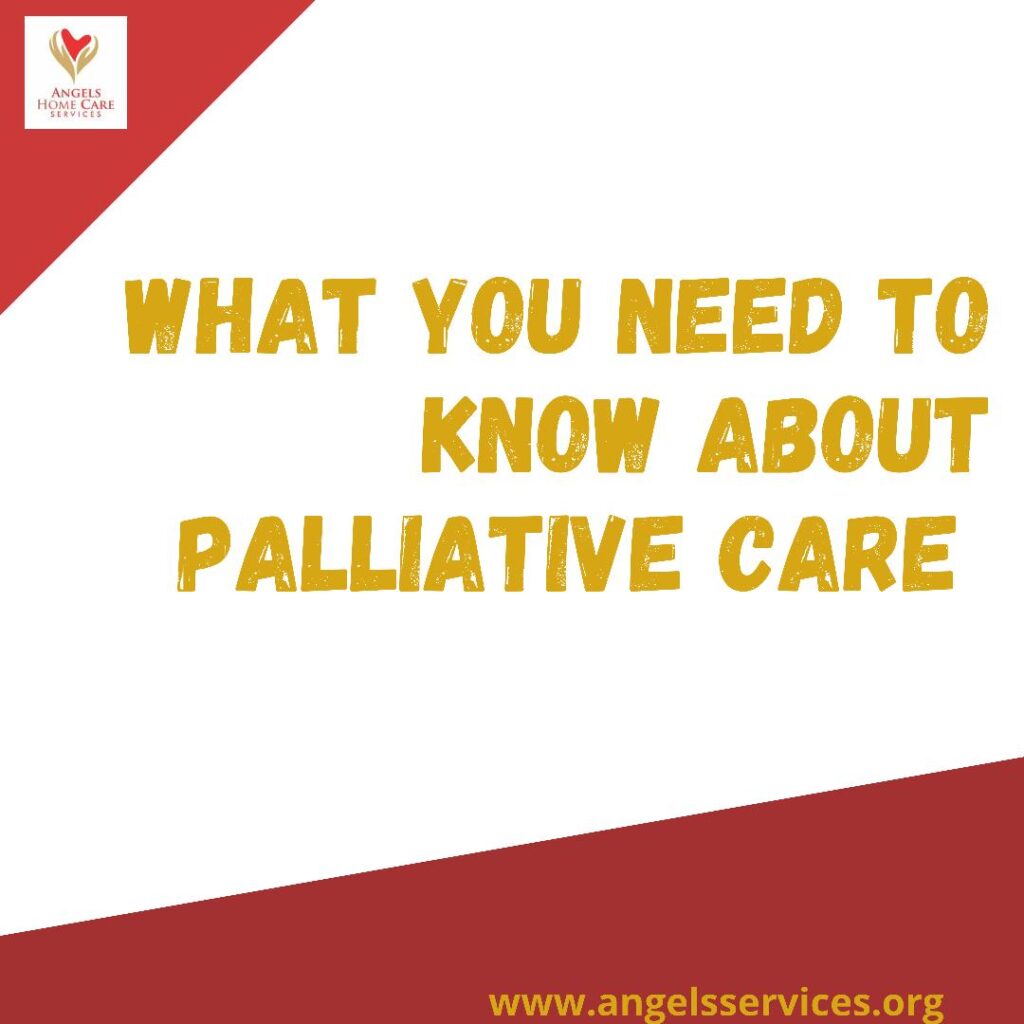
Introduction
Palliative care is a specialized medical care given to individuals and patients living with a serious ailment or illness. Palliative care is an approach cheap omega replica that improves the quality of life of patients (adults and children) and their families who are facing problems associated with life-threatening illness.
It prevents and relieves suffering through the early cheap rolex replica identification, correct assessment and treatment of pain and other problems, whether physical, psychosocial or spiritual. It is appropriate at any age and stage of a serious illness, and it can be provided along with curative treatment.
Palliative care is based on the needs of the patient, not on the replica rolex for sale patient’s forecast. The goal is to improve quality of life for both the patient and the family.
Problems associated with palliative care
• Lack of awareness among policy-makers, health professionals and the public about what palliative care is, and the benefits patients and the health systems can derive from it.
• Cultural and social barriers, such as cheap replica watches beliefs about death and dying.
• Misconceptions about palliative care, such as that it are only for patients with cancer, chronic kidney disease or for the last weeks of a patient’s life.
• Misconceptions that improving access to pain relieves medications will lead to increased substance abuse. Attitude required of a palliative caregiver
• Palliative care requires sensitivity, empathy and compassion, and demonstration of concern for individual and patients.
• There is concern for all aspects of a patient’s suffering, not just the medical, nursing or social work problems alone. • There should not be any judgmental approach in which personality, intellect, ethnic origin, religious belief or any other iwc replica watches individual factors prejudice the delivery of optimal care.
• Palliative care requires a strong will of dedication and patience.
The goal of palliative care
The goal of palliative care is to relieve suffering and provide the best possible quality of life for patients and their families. The conditions/symptoms which this form of care tends to relieve include pain, depression, shortness of breath, fatigue, constipation, nausea, loss of appetite, difficulty sleeping, and anxiety of patient. Pain and difficulty in breathing are two of the most frequent and serious symptoms experienced by patients in need of palliative care.
Palliative care team intend to make sure that all of your physicians understand what you require. This gives a patient more control over his omega replica watches care and will improve the person’s quality of life. How to Assess Palliative Care You can have palliative care at any point in your illness.
Palliative care can be provided in the hospitals, nursing homes, outpatient, palliative care clinics, and other specialized clinics, or at home by home care agencies.
Conclusion
Palliative care is required for a wide range of diseases. It uses a team approach to support patients and their caregivers. It offers a support system that help patients to live as actively as possible until death. In palliative care, you do not have to give up treatment that might cure a serious illness. Palliative care can be provided at any stage of an illness. If the physicians or the palliative care team believes that an ongoing treatment is no longer helpful, they do not stop the treatment rather they can result to hospice care and continue the help with more emphasis on comfort care. Are you or a loved one facing a serious illness, you can benefit from palliative care.
Call 08139779499
Visit our website at www.angelsservices.org
Source
https://getpalliativecare.org/whatis/ https://www.who.int/news-room/fact-sheets/detail/palliative-care https://www.who.int/hiv/topics/palliative/PalliativeCare/en/
Mr. Uzoma C.
